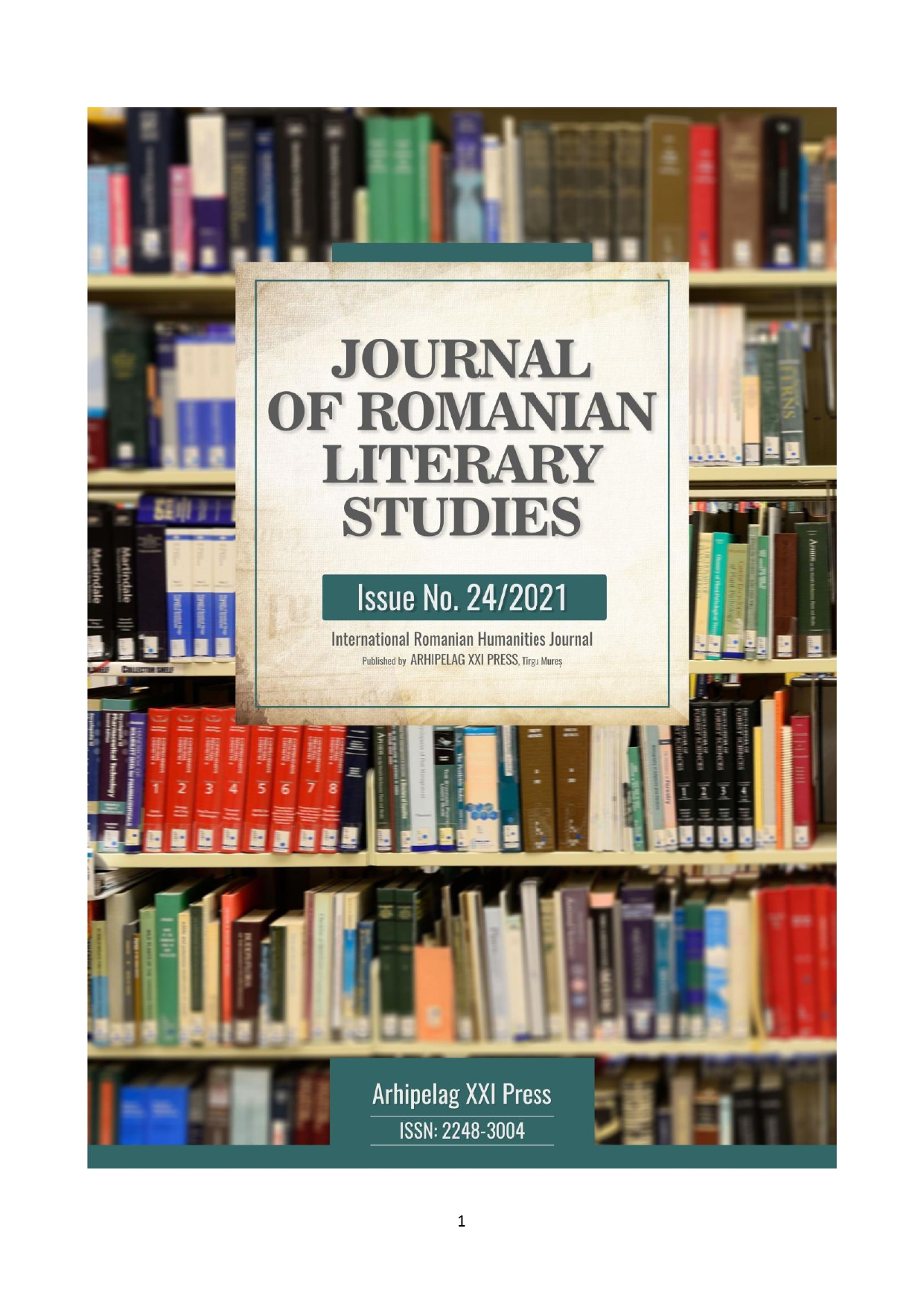CONVERSION AND SUBVERSION TRAITS IN RURAL REALISM BETWEEN THE WORLD WARS
CONVERSION AND SUBVERSION TRAITS IN RURAL REALISM BETWEEN THE WORLD WARS
Author(s): Suzana Carmen CismasSubject(s): Literary Texts, Studies of Literature, Philology, Theory of Literature
Published by: Editura Arhipelag XXI
Keywords: conversion; subversion; rural realism; impacts of tradition and modernity;
Summary/Abstract: Rebreanu, Verga, Blasco Ibáñez, Hardy and Reymont illustrate the European realistic traditions characterised by strong impact writing focused on actual daily reality. This article is a comparative analysis of the realistic vein, predominant in all rural novels. The conversion aspects mentioned in the title deal with the themes (fundamental and universal ideas) explored in their literary works: the injustice of existence, ideas of social classes and access to them, and men dominating women. Subversion stems from discrete romantic insertions and the desperate belief that god is not just, but whimsical and uncaring, in a world where moral does not necessarily mean fair and achievement is a temporary illusion. Subversive also is the authors’ unsparing irony and willingness to gaze into the abyss of a deterministic universe. The many-sided artistic inclinations of these authors (poetry, drama, novels, philosophical and political insights) emerge in their writing as potential subversion areas seen in characters’ surprising angles, facets and messages. They act as role models for the contemporary cultural atmosphere in their own countries, and explore novel directions, that will prove valid art avenues for future creators.
Journal: Journal of Romanian Literary Studies
- Issue Year: 2021
- Issue No: 24
- Page Range: 103-110
- Page Count: 8
- Language: English

